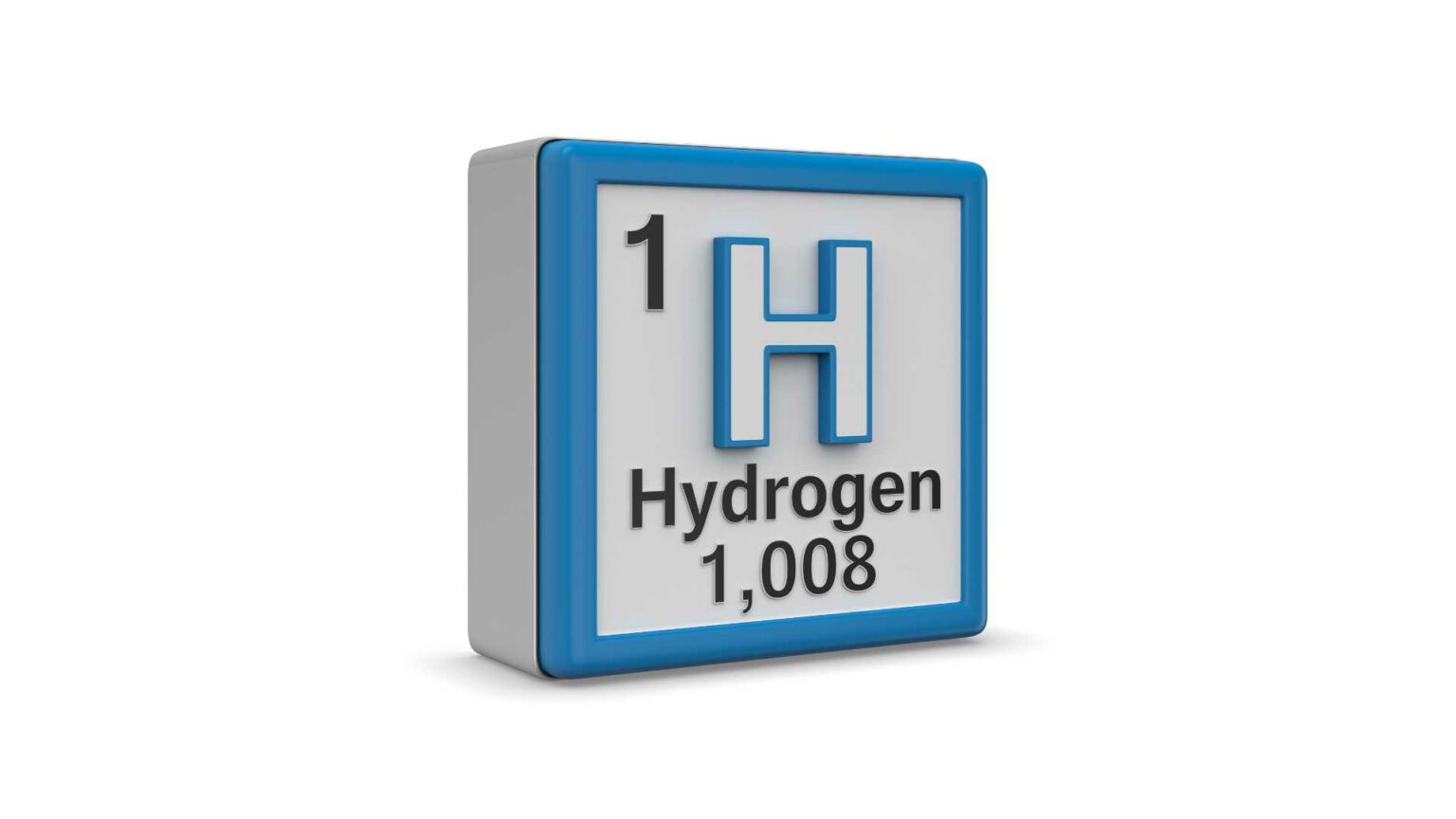Hungary is gearing up for a future where hydrogen takes center stage as a dominant energy component.
Csaba Lantos, the Energy Minister, emphasized the need for the Hungarian industry to embrace technological shifts related to hydrogen, signaling a strategic move to rely more on domestic sources, including nuclear technology and renewables. Lantos made these statements during an international conference organized by the Hungarian Hydrogen Technology Association in Budapest.
Lantos highlighted the strides Hungary has made in the realm of solar energy, characterizing it as a “solar energy revolution.” By the end of the previous year, Hungary boasted operational solar panels generating an impressive 5,600 megawatts. This shift towards solar power aligns with Hungary’s broader agenda of reinforcing energy sovereignty and reducing dependence on external sources.
While emphasizing the potential of hydrogen in Hungary’s energy landscape, Lantos acknowledged that challenges related to costs and storage must be addressed, particularly in the context of green hydrogen. He underlined that the green hydrogen sector is currently in the research and development phase, indicating a commitment to overcoming hurdles and harnessing the full potential of this clean energy source.
Hungary marked a significant milestone last year with the inauguration of its first green hydrogen production plant. Lantos pointed out that Hungarian oil and gas company MOL is on the verge of commencing production at its green hydrogen plant. The country is set to have three operational green hydrogen plants in the near future, showcasing Hungary’s commitment to integrating this sustainable energy source into its energy portfolio.
Janos Lazar, the Construction and Transport Minister, shared ambitious plans at the conference, unveiling MAV’s vision to introduce hydrogen-powered trains and buses into service within the next three years. As part of this vision, a substantial ten-year, 6,500 billion forint (EUR 17.1bn) development plan for the MAV-Volan railway and bus group has been submitted to the government. This move aligns with Hungary’s broader strategy to transition its transportation sector toward cleaner and more sustainable alternatives.





